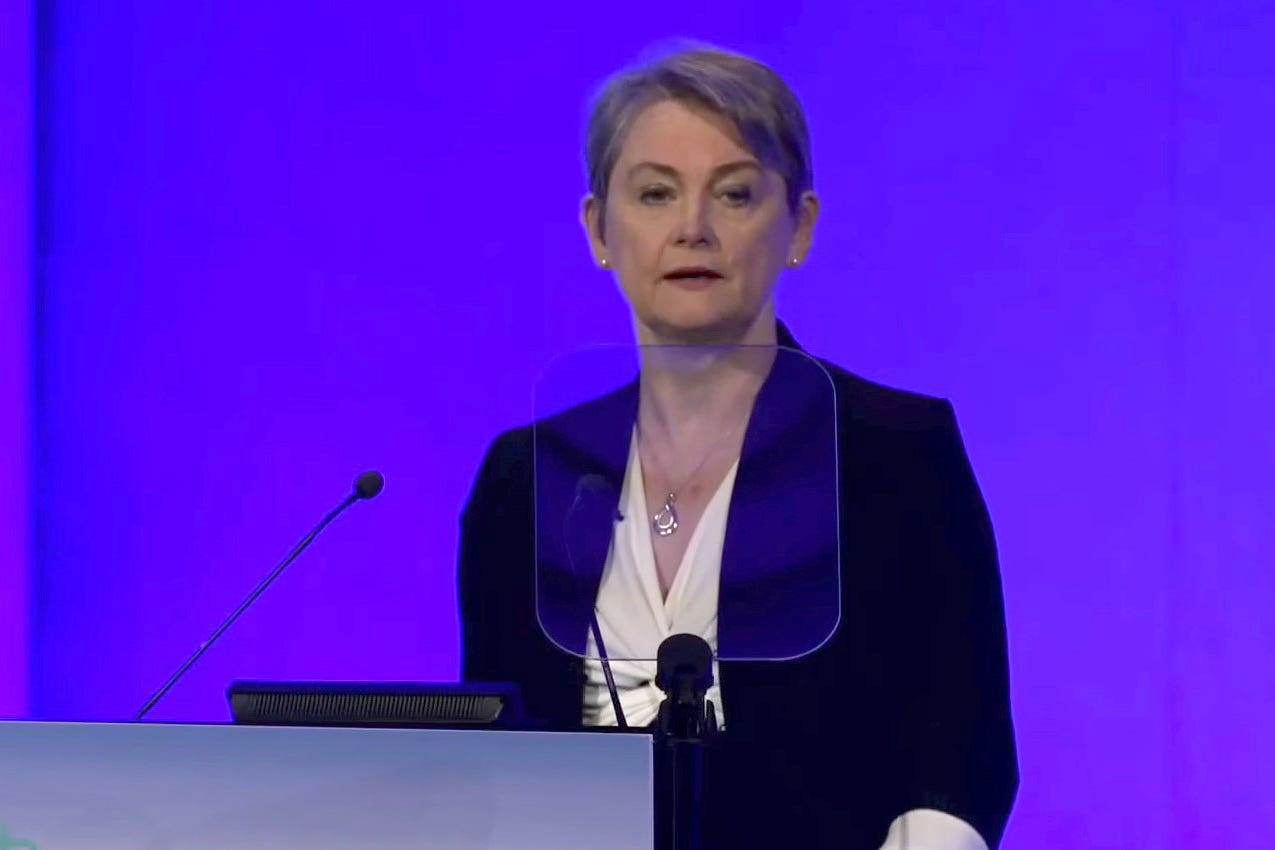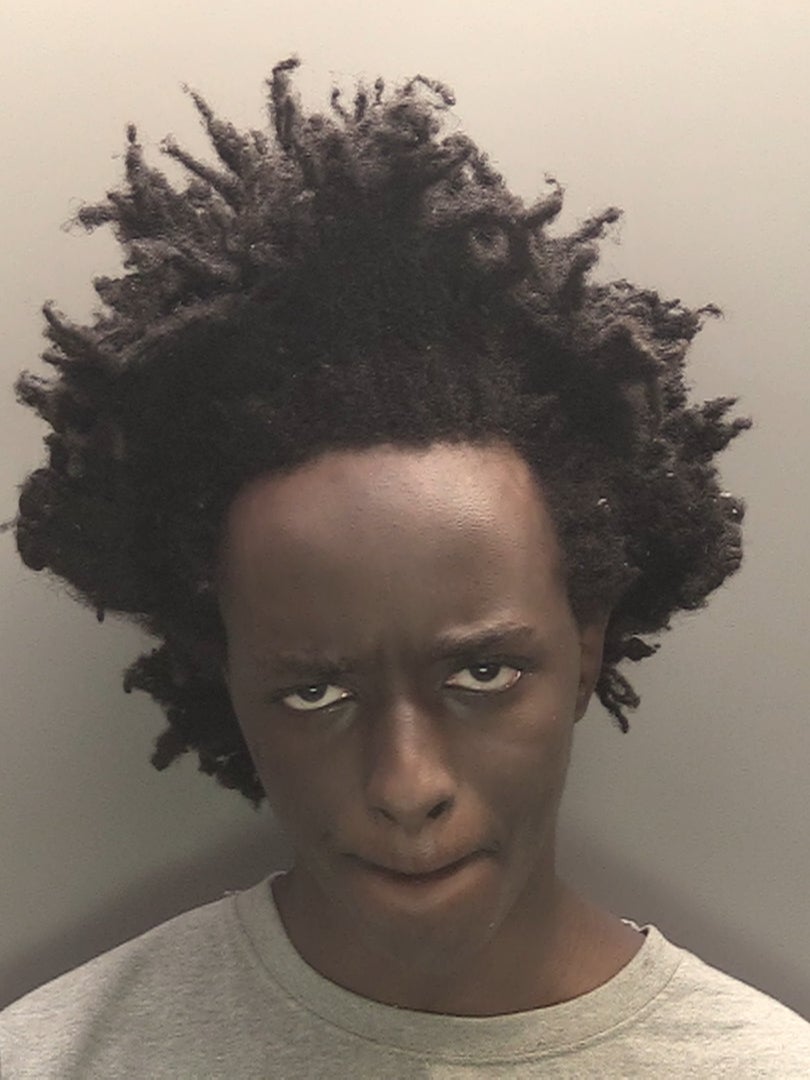Cooper blocks call for misogyny crimes to be treated as extremism
The home secretary said the government will continue to focus its anti-terror efforts on Islamist and far-right extremism
Yvette Cooper has rejected calls for misogynists, conspiracy theorists, the far left and potentially violent environmental activists to be treated as extremists.
The home secretary has said she disagrees with the findings of a rapid review ordered into extremism in the wake of the Southport attacks, choosing instead to continue focusing the government’s anti-terror efforts on Islamist and far-right extremism.
It comes after the “rapid analytical sprint on extremism” she commissioned in August following the riots sparked by the Southport murders was leaked to the right-leaning Policy Exchange think tank.

A Home Office spokesperson said the government is “considering a wide range of potential next steps arising” from the report.
“The counterextremism sprint sought to comprehensively assess the challenge facing our country and lay the foundations for a new approach to tackling extremism – so we can stop people being drawn towards hateful ideologies,” the spokesperson said.
“This includes tackling Islamism and extreme right-wing ideologies, which are the most prominent today.”
The leaked report suggested the UK’s approach to extremism should be based on troubling behaviours and activity rather than ideologies.
Those include spreading misinformation, influencing racism, and involvement in “an online subculture called the manosphere”, according to the right-leaning think tank.
The report also recommended the government’s definition of extremism should cover environmental extremists, far-left activists, anarchists, conspiracy theorists and others.

But ministers will continue with their focus on Islamist and far-right extremism.
Following the leak, Sir Keir Starmer said it was important to focus resources on the most pressing threats faced by the UK.
The prime minister said: “When it comes to extremism, it’s very important that we are focused on the threats so we can deploy our resources properly and therefore we’re looking carefully where the key challenges are.
“Obviously, that’s now informed with what I said last week in the aftermath of the Southport murders, where we’ve got the additional challenge, I think, of a cohort of loners who are extreme and they need to be factored in.
“So that’s the focus. In the end, what this comes down to is the safety and security of people across the United Kingdom, that’s my number one focus.”

City minister Emma Reynolds added: “We think that the two forms of extremism that pose the greatest threat are Islamic extremism and far-right ideology”.
Asked if the government was prepared to broaden the definition of extremism at all, she told ITV’s Good Morning Britain: “We have rejected the recommendations in the leaked report, and we will be setting out our plans clearly when ministers come to the House of Commons to do that in the usual way.”
The report also recommends reversing a code of practice to limit the number of “non-crime hate incidents” being recorded and floats the idea of creating a new crime of making “harmful communications” online, according to Policy Exchange.
It says claims of “two-tier” policing are an example of a “right-wing extremist narrative”.
Paul Stott and Andrew Gilligan, of Policy Exchange, said in an analysis of the report that the suggested approach risks swamping authorities with new cases.
“Some of the definitions of extremism also threaten free speech, defining aspects of normal and legitimate political debate as extremist,” they added.
After Axel Rudakubana, 18, pleaded guilty last week to murdering three girls at a Taylor Swift-themed dance class, Sir Keir said it was understandable that the public would look at the crime and “wonder what the word terrorism means”.
The prime minister said the teenager represented a new kind of threat, distinct from politically or ideologically motivated terrorism, with “acts of extreme violence perpetrated by loners, misfits, young men in their bedroom, accessing all manner of material online, desperate for notoriety”.
He said that, if needed, the government would change the law to recognise the “new and dangerous threat” and “review our entire counterextremist system to make sure we have what we need to defeat it”.
Rudakubana was referred to the Prevent anti-terror programme three times but those referrals were closed due to his apparent lack of a clear ideology.
The home secretary has ordered a review of Prevent’s thresholds in response.
Join our commenting forum
Join thought-provoking conversations, follow other Independent readers and see their replies
Comments
Bookmark popover
Removed from bookmarks